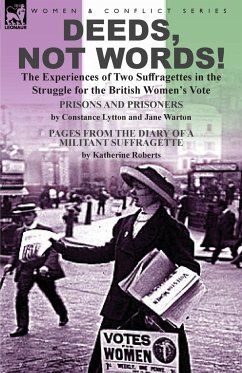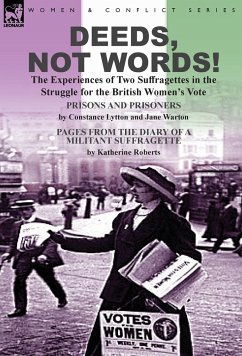Mismanaged by local authority, in the 19th-century, Dublin lacked sufficient industrial development to provide adequate employment. Dublin's charitable workers attempted to improve the lives of the thousands who flocked to the city in search of relief. As a means to examining the hidden incentives of charity, the author offers a discussion of the language of charity in this setting. She notes how contemporary notions of race, class, and religion influenced how Ireland's philanthropists thought of and related to the poor. While much has been written on the perceived racial inferiority of the Celt as compared to the Anglo-Saxon, Preston suggests that the Irish upper classes, in seeking to gain equal footing with the British elite, adopted the same language to describe the poor. Intense sectarian strife marred Irish charities and undermined the smooth operation of social services. Preston offers insight by focusing on two women philanthropists who battled for the souls of Ireland's children. She also explores those who remained above the fray, such as the Religious Society of Friends in Ireland, who offered aid to all regardless of creed. Within the charitable records of this group, Preston contends that one can see how the Society changed over time and that, in Ireland, the industrial revolution as well as the 1798 Rebellion, contributed to the Society adapting to the mainstream. Finally, the women of charity helped to establish a modern nursing system for Ireland, and this work details their efforts at turning nursing into a respectable profession for women.
Hinweis: Dieser Artikel kann nur an eine deutsche Lieferadresse ausgeliefert werden.
Hinweis: Dieser Artikel kann nur an eine deutsche Lieferadresse ausgeliefert werden.








